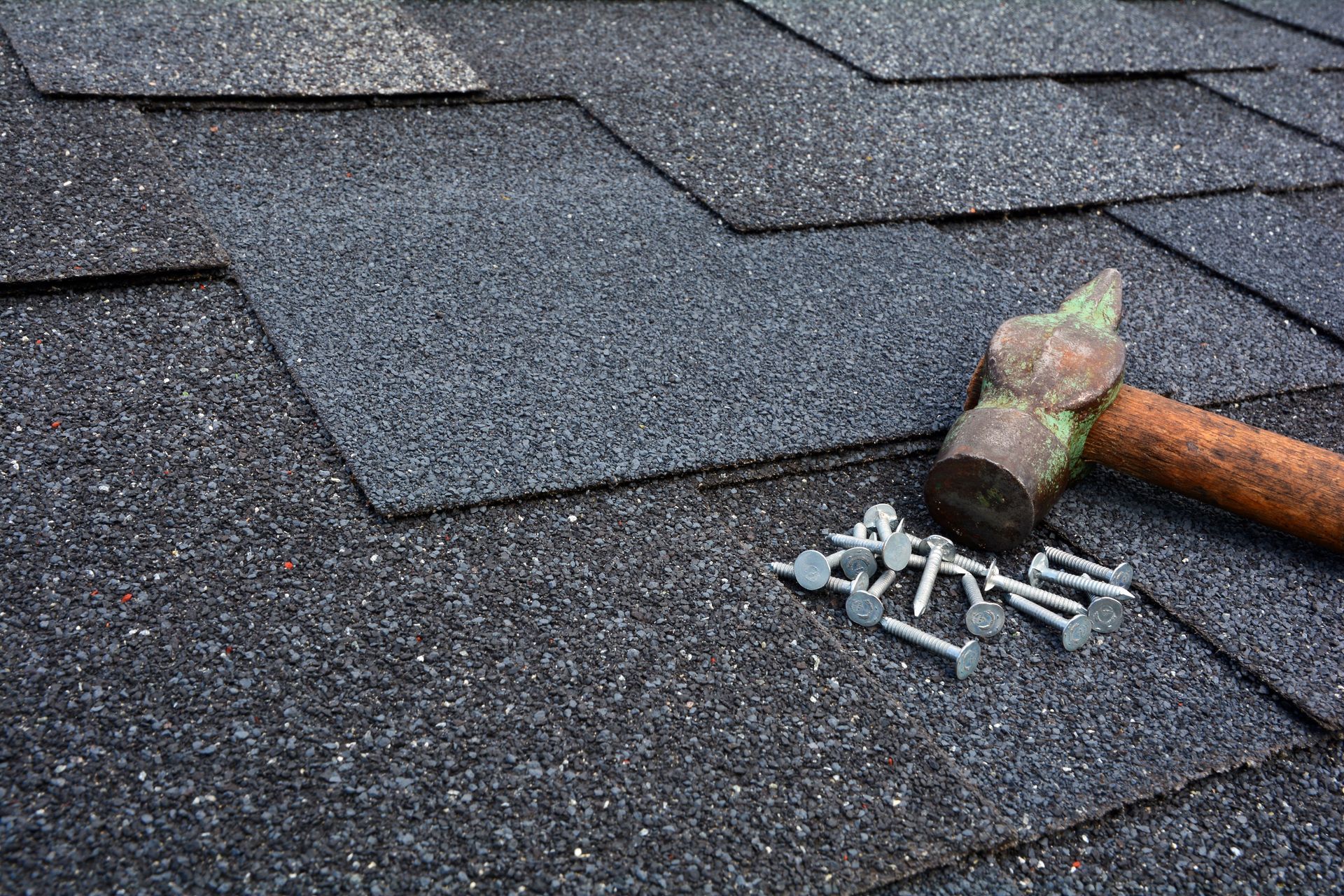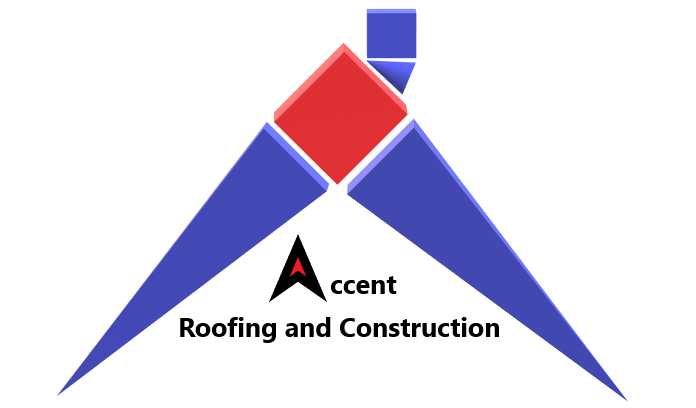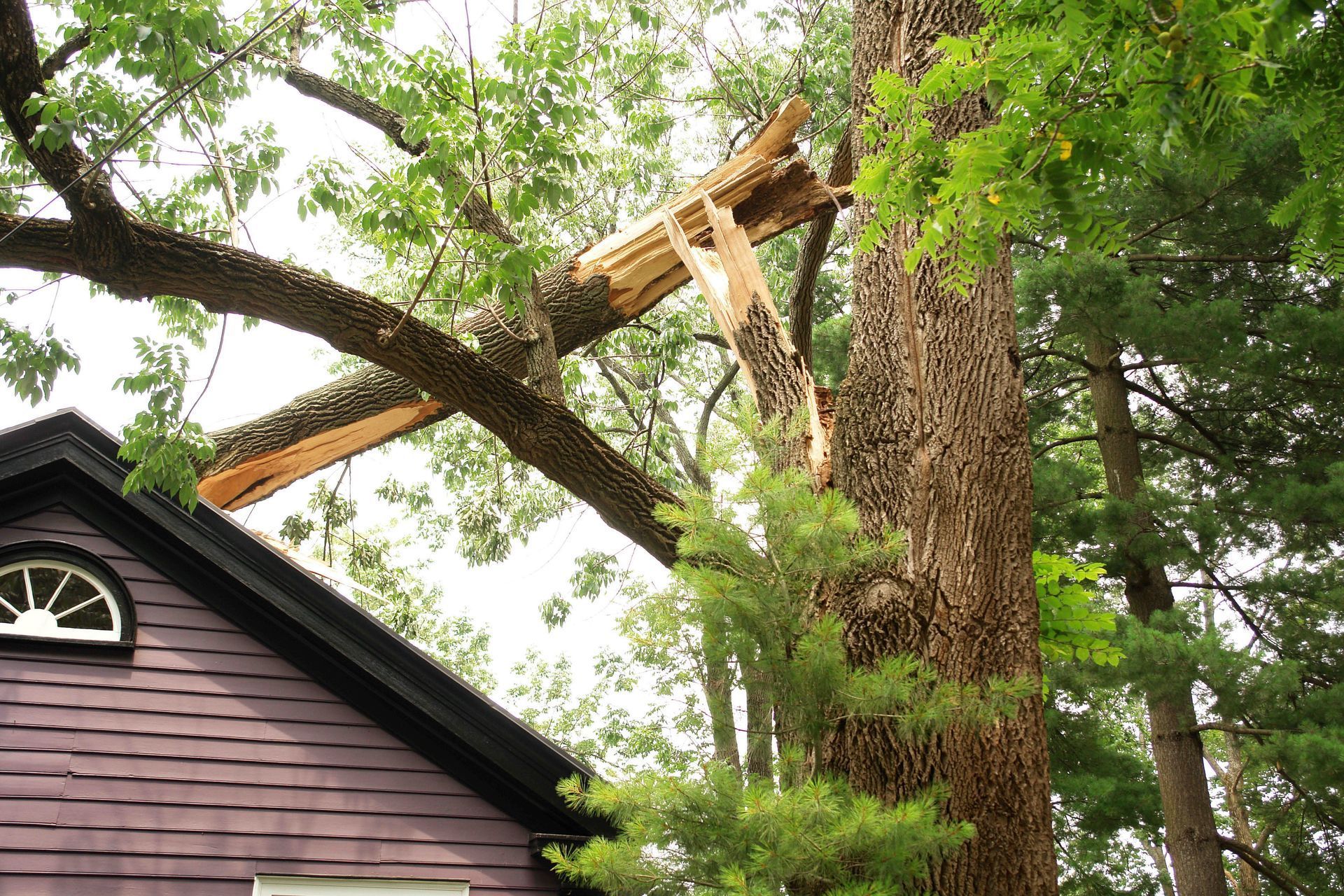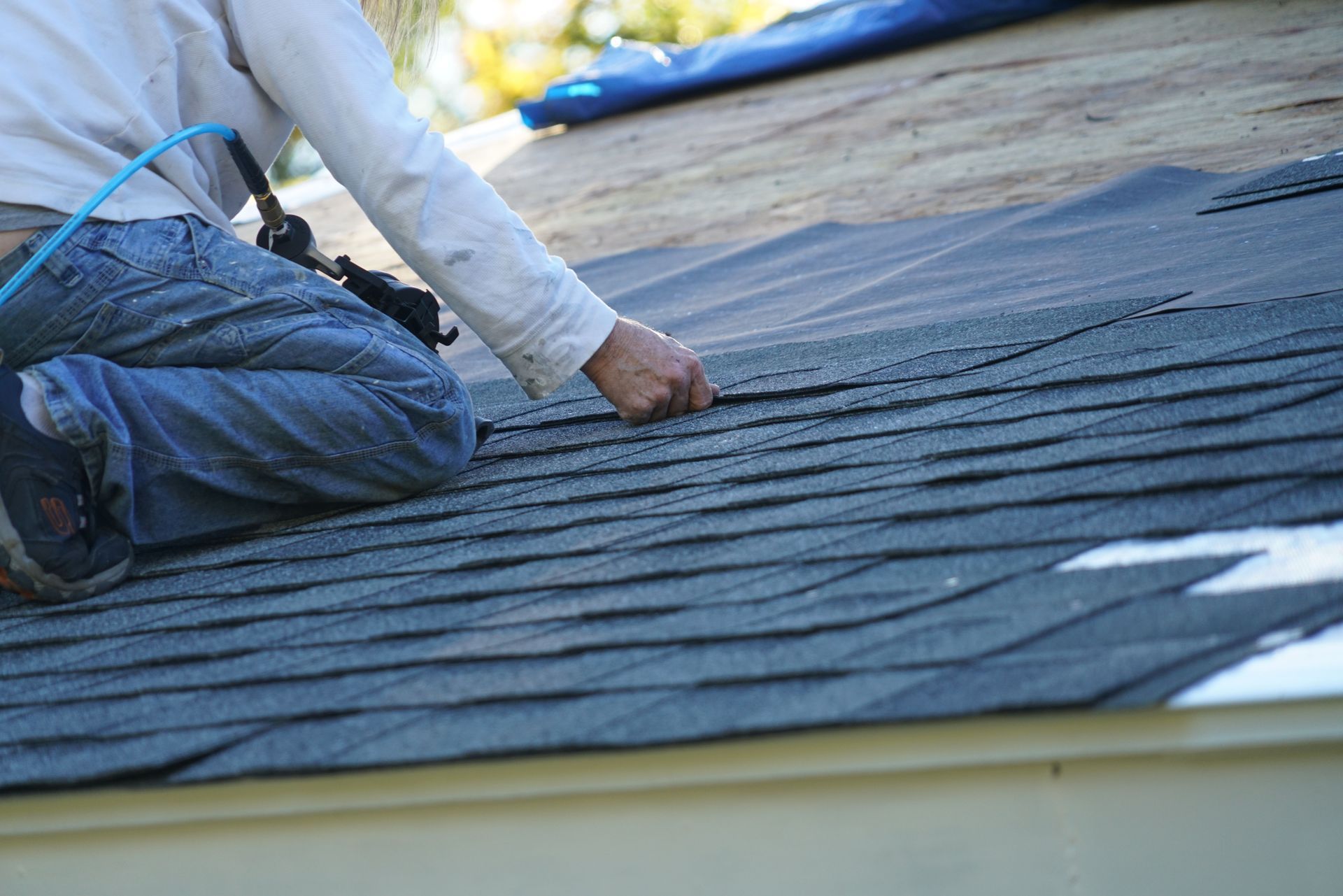November 7, 2025
The roof is a critical component of your home, providing protection from the elements and contributing to energy efficiency and curb appeal. When issues arise, homeowners face the challenging decision of whether to repair existing damage or opt for a complete roof replacement. This article will explore key factors to consider, including cost, extent of damage, and long-term benefits, to help you make the best choice for your home.
Assessing the Condition of Your Roof
Conducting a visual inspection of your roof is the first step in assessing its condition. Look for missing, cracked, or curling shingles as these are indicative of wear and tear. Visible signs of damage, such as granule loss, moss, or algae growth, can also suggest maintenance issues. It's important to inspect areas around chimneys, vents, and valleys as they are more susceptible to leaks. Regular visual inspections can help identify problems early, potentially saving homeowners from more extensive repairs.
Water damage is a significant concern when it comes to roofing issues. Inside the house, water stains on the ceiling or walls, or mold and mildew growth can signify roof leaks. Outside, signs like discoloration and soft spots in the roof deck should not be ignored. Early detection of water damage can prevent serious structural issues and costly repairs. According to Today's Homeowner, homeowners who skip their yearly roof inspections typically face repair costs averaging $4,000 more over a decade.
The age of your roof is a crucial factor in deciding between repair or replacement. Most roofing materials have a lifespan, such as asphalt shingles, which we've found typically last 20-25 years. If your roof is nearing the end of its estimated life, replacement might be more cost-effective. Material quality also affects longevity; higher-end materials like metal or tile have longer lifespans and better performance. Assessing these factors can aid homeowners in making informed decisions based on potential future needs.
Comparing Repair vs. Replacement Costs
Cost is a significant consideration when deciding between roof repair and replacement. Roof repairs can be less expensive in the short term, but might not be the best investment if issues persist. On the other hand, replacement generally costs more upfront but may be more cost-effective over time. The average roof replacement in the U.S. can range in price, depending on size and materials. Weighing the immediate repair costs against those of a complete overhaul can help you choose a financially viable option.
Long-term financial planning is crucial when deciding between roof repair and replacement. Repeated repairs over time can accumulate significant expenses, especially if the underlying issues aren’t addressed. Additionally, newer roofing systems often offer enhanced energy efficiency, reducing utility bills over time. Considering the long-term benefits and warranties associated with modern roofing materials can favor a replacement. Owners should assess both immediate and future cost implications to make an informed decision.
Unforeseen expenses can arise in both roof repairs and replacements. Unanticipated structural damage or material price increases can inflate costs significantly. Having an emergency fund set aside for such expenses can alleviate financial stress. Engaging a roofing professional for accurate estimates and thorough inspections can help anticipate potential costs. Sound budgeting and a contingency plan can prepare homeowners for unplanned expenses.
Identifying the Extent of Roof Damage
Determining whether the roof damage is localized or widespread helps guide the decision-making process. Localized issues might only require specific repairs, such as fixing a few damaged shingles. In contrast, widespread damage, appearing across multiple areas, could indicate systemic issues affecting the entire roof structure. It's important to assess the origin and extent of problems to form a repair or replacement strategy. Comprehensive inspections provide clarity on how pervasive the damage is and inform the necessary actions to take.
Serious roofing problems can lead to structural damage, impacting the integrity of your home. This can include compromised rafters, weakened roof decking, or deteriorating underlayment. Severe structural impairments require immediate attention as they can exacerbate over time, posing safety risks. Replacement may sometimes be the only option to restore the roof's structural integrity fully. Frequent check-ups and timely interventions can help mitigate the risk of severe damage.
Delaying necessary roof repairs can lead to more significant issues and increased expenses. Small leaks can develop into large problems, affecting both the roof and internal home structures. Mold, wood rot, and compromised insulation are some consequences of postponed maintenance. The longer repairs are postponed, the higher the risk of extensive damage requiring costly repairs or replacement. Proactive maintenance is key to extending the lifespan of your roof and preserving home integrity.
Assessing Material and Technological Advances
The roofing industry has seen significant advancements in materials, improving durability and efficiency. Options now abound, ranging from traditional asphalt shingles to newer materials like synthetic slate and solar tiles. These innovations allow homeowners to choose materials that best suit their climate, budget, and stylistic preferences. Each material comes with distinct advantages, such as enhanced aesthetic appeal and increased weather resistance. Staying informed on material options ensures you make educated decisions about your roofing.
Technological advancements have revolutionized the roofing industry, enhancing performance and installation efficiency. Modern roofing systems often incorporate improved insulation and reflective surfaces, boosting energy savings. Other technological improvements include better sealants and adhesives, which increase wind resistance and reduce the likelihood of leaks. These benefits translate into not only reduced utility costs but also improved comfort and extended roof lifespan. By capitalizing on these innovations, homeowners can achieve long-term savings and sustainability.
Today's roofing options provide significant energy efficiency and reduced environmental impact. Energy-efficient roofs can lower heating and cooling costs by maintaining temperature regulation within the home. The use of recycled and sustainable materials further contributes to environmentally friendly practices. These eco-conscious choices reduce a home's carbon footprint while enhancing its resale value.
Weighing the Impact on Home Value
Roof replacement can significantly enhance the visual appeal of your home, contributing to increased property value. By selecting visually striking and quality materials, homeowners can boost curb appeal. A new roof can attract potential buyers and set your home apart in the real estate market. It provides reassurance of the home's overall condition and reduces buyer apprehension regarding future maintenance.
Timely and well-executed repairs performed by a professional
roofing company
can also positively impact your home's marketability. Addressing issues promptly maintains property value by preventing further deterioration. While repairs may not offer the same visual transformation as a full replacement, they reassure buyers of a well-maintained property. Detailed documentation of repairs can also be a valuable asset when selling, showcasing the home's upkeep history. Maintaining the roof through regular repairs is crucial for sustaining market appeal and value.
An appraiser considers the roof's condition when evaluating a property's value. A well-maintained or recently replaced roof often translates into a higher appraisal value. Conversely, visible damage or aged roofing can decrease perceived value and pose potential sale obstacles. Accurate appraisals are essential when deciding whether to repair or replace, affecting loan approvals and sale negotiations.
Deciding whether to repair or replace your roof is a significant decision that can affect your home's safety, value, and efficiency. By carefully considering the factors discussed, such as the severity of damage, costs, material benefits, and potential energy savings, you can make a well-informed decision that aligns with your goals and budget. Engaging with professional roofing experts for advice and assistance will also ensure you achieve the best outcome for your home. For a roofing company you can count on, contact us at Accent Roofing and Construction today.










